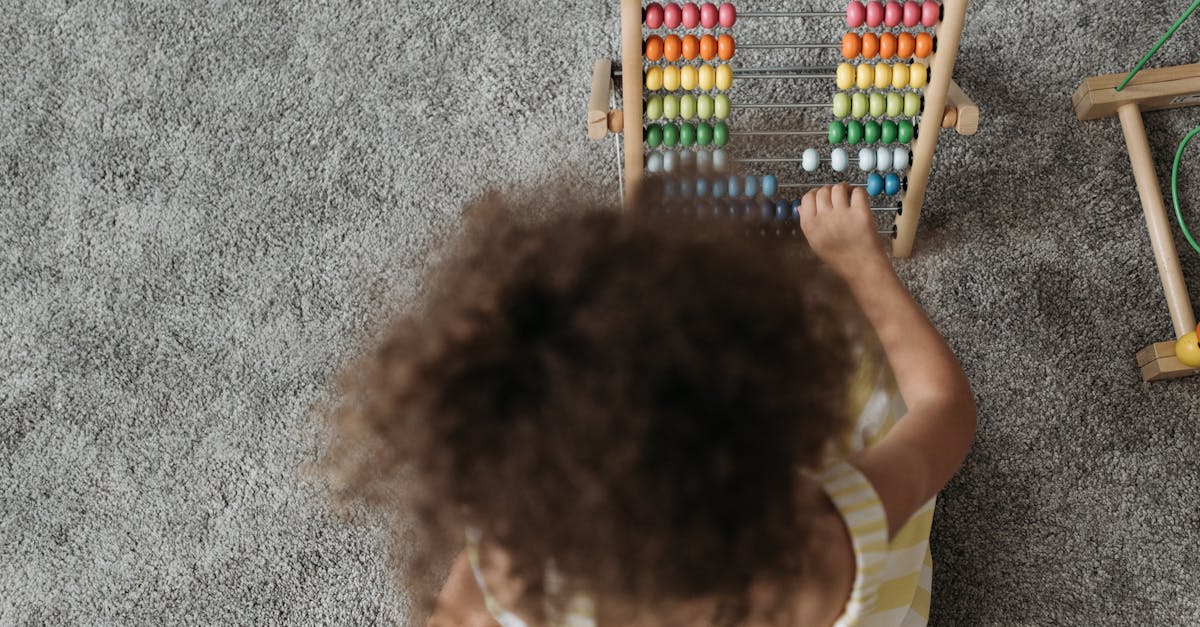Understanding the Preschool Mind
Preschoolers are like little sponges, absorbing everything around them. Their brains are buzzing with curiosity, and their behaviors are reflections of that learning process. Parents play a crucial role here—they are the heroes shaping young minds.
It might sound like a Herculean task, but understanding the nuances of a preschooler’s mind helps. For starters, preschoolers often can’t differentiate between right and wrong. They explore, imitate, and learn through trial and error. Parents can guide them gently, ensuring their curiosity doesn’t lead them into trouble.
An engaging tone with simple words can clarify complex emotions preschoolers might not express verbally. Picturing preschoolers as mini-detectives can make the journey more enjoyable!

Modeling Behavior: The Adult Mirror
Kids see, kids do! It’s as simple as that. Preschoolers mirror adult behavior, making parents their primary role models.
If you make good behavior fun, kids naturally gravitate toward it. Think of it like being the lead actor in an amazing superhero movie, where kids cast you as their favorite hero.
Through everyday actions like saying ‘please‘ and ‘thank you,’ you’re teaching them kindness and empathy.
Humorous anecdotes, like accidentally spouting gibberish during a sleep-deprived morning, can make the big lessons relatable. Remember, no one’s perfect—embracing the occasional slip-up with grace shows kids the value of perpetual learning and self-improvement.

Handling Tantrums: A Calm Approach
Ah, tantrums—the emotional volcano of the preschooler world! They erupt unexpectedly, leaving parents flustered. Here, calming techniques become lifelines. Drawing funny parallels between an erupting tantrum and your endless hunt for matching socks adds levity to stressful situations.
Kids, like adults, need emotional outlets. Acknowledging their feelings while maintaining calm ensures their needs are addressed.
Here are some effective techniques to handle tantrums:
- Encourage deep breaths: Help your child take slow, deep breaths to calm down.
- Engage in listening games: Distract them with games that require them to listen and respond.
To foster interaction, invite readers to share their zaniest tantrum stories or subtle strategies that work wonders.
Remember, handling tantrums gracefully teaches calmness and emotional resilience—crucial skills for life’s challenges.

Storytelling: Lessons Wrapped in Fun
Storytelling isn’t just for bedtime—it’s a secret weapon to impart wisdom! Through stories, big feelings and life skills weave seamlessly into magical tales. It’s like sneaking broccoli into macaroni cheese—nutrients wrapped in yum.
Recall escapades like creating a knight’s adventure to teach sharing, showing readers storytelling doesn’t require an epic saga. As stories unfold, kids develop empathy, understanding consequences, and make informed choices.
Benefits of Storytelling
- Encourages creativity
- Fosters emotional exploration
- Builds a community of creative writers
- Highlights the narrative power in families
Stories give kids a safe space to explore emotions and behaviors through delightful narratives.

The Power of Play: Learning Through Joy
Play isn’t just for fun—it’s a valuable teaching tool! When children play, they engage in learning that’s joyful and powerful.
Consider this: when they’re playing shop, they’re not just exchanging pretend currency; they’re learning mathematics and social interactions. Additionally, mimicking everyday roles empowers understanding of societal norms.
Amusing Memories and Educational Play
- Share amusing memories of playtime chaos turned educational to motivate readers.
- Encouraging play that cultivates kindness and cooperation builds social skills.
Creating Kind and Cooperative Games
Invite parents to create games focusing on kindness, cooperation, and fun. Encourage them to share their successes on your platform.
A Natural Teacher
Play is a natural teacher, where every obstacle turns into an opportunity for growth.

